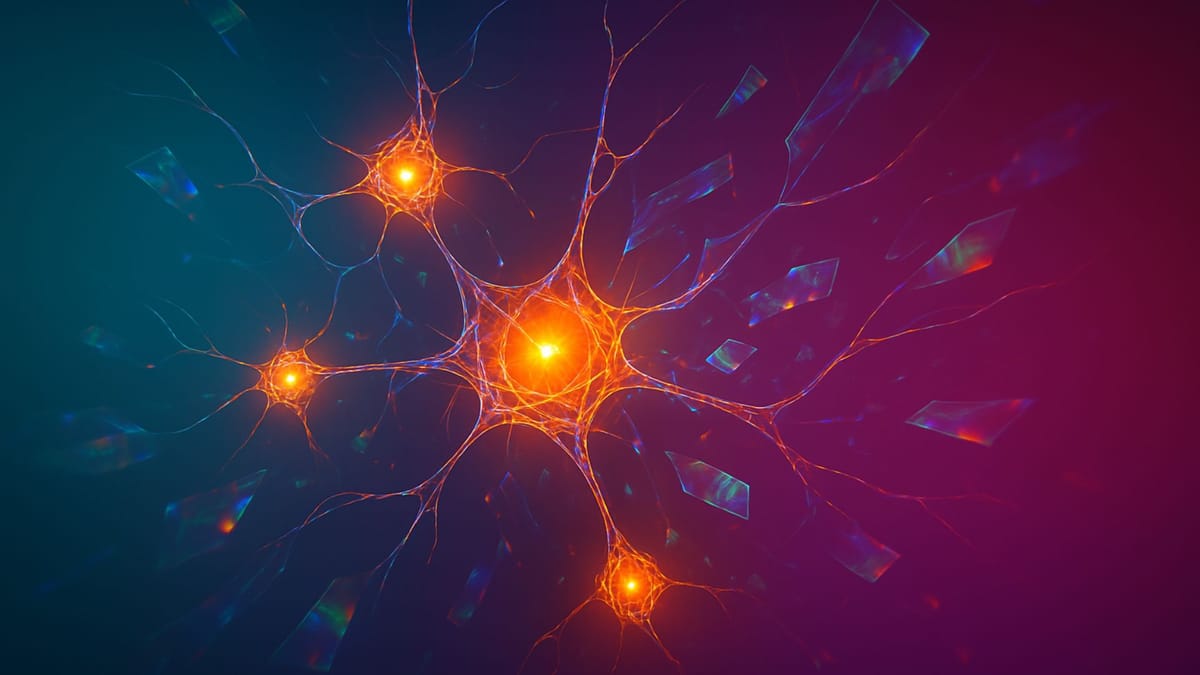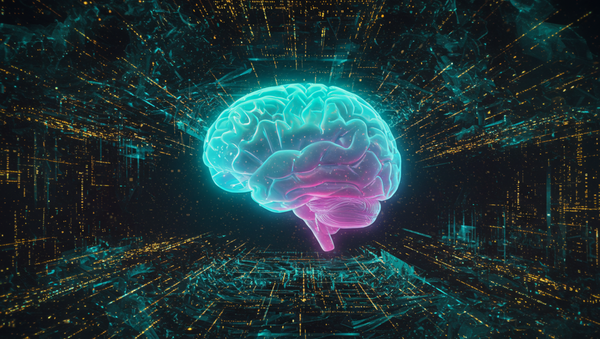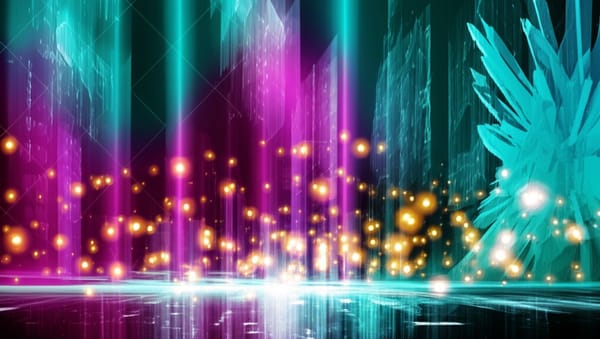"I Was Wrong About AI" — OpenAI's Sam Altman Reveals Surprising Reality Check

"I somehow thought it was going to be a bigger change to society than it's turned out to be," admits OpenAI CEO Sam Altman, revealing a counterintuitive insight that contradicts years of AI hype and alarmism. "I had this sort of sci-fi vision of what AI was going to be like, and maybe it'll still get there, but right now it's just this crazy powerful tool and life goes on mostly the same."
Altman's candid reassessment of artificial intelligence's trajectory represents a significant departure from the revolutionary rhetoric that has dominated AI discourse, writes End of Miles.
A surprising reality check
The OpenAI chief executive's assessment comes after years at the forefront of artificial intelligence development, where he has witnessed the technology's evolution from experimental research to widespread commercial deployment. Despite creating tools that generate billions of images and power increasingly sophisticated applications, Altman expresses genuine surprise at how AI has integrated into society.
"I'm actually very happy about that. I think that's good. I think I was naive before. I also think that would have been bad," Altman explains, referring to the more dramatic societal disruption he once anticipated. Sam Altman, OpenAI CEO
This perspective marks a striking contrast to widespread concerns about existential risk, job displacement, and fundamental societal restructuring that have dominated discussions around AI capabilities. The tech executive's revised outlook suggests a more measured, incremental integration of artificial intelligence into existing frameworks rather than the abrupt paradigm shift many futurists predicted.
Expectations versus reality
The Stanford-educated entrepreneur's reflection emerges amid unprecedented adoption of AI tools across industries. OpenAI's image generation capabilities alone will surpass one billion total images "in the not-distant future," according to Altman. Yet despite this scale, the fundamental structures of society and work have remained largely intact.
"It's very different than I kind of imagined it 10 years ago. But I think that's wonderful." Sam Altman
His assessment challenges both techno-optimist and techno-pessimist camps, suggesting that revolutionary technology doesn't necessarily produce revolutionary social change—at least not immediately. This stands in contrast to earlier predictions from AI researchers and ethicists who warned of rapid, destabilizing transformations.
The evolutionary rather than revolutionary path
The AI pioneer's observation aligns with historical patterns of technological diffusion, where even breakthrough innovations typically integrate gradually into existing systems rather than instantly displacing them. While OpenAI's tools have dramatically enhanced productivity in areas like coding, design, and customer service, they've largely augmented human capabilities rather than rendered them obsolete.
Altman frames the current state of AI as "this crazy powerful tool"—suggesting its practical utility over existential transformation. This characterization reflects the technology's current role as primarily enhancing existing processes rather than fundamentally restructuring them.
"Having godlike technology being able to solve at some point medicine and help us do less of the work we hate but more of the work we enjoy, I think is net good." Sam Altman
This tempered assessment from one of AI's leading architects offers a useful reality check on the pace and nature of technological change. What distinguishes Altman's perspective is that it comes not from AI skeptics but from someone deeply invested in its development and deployment—suggesting the diffusion curve for transformative AI capabilities may be longer than many anticipated, even as individual tools demonstrate remarkable capabilities.





